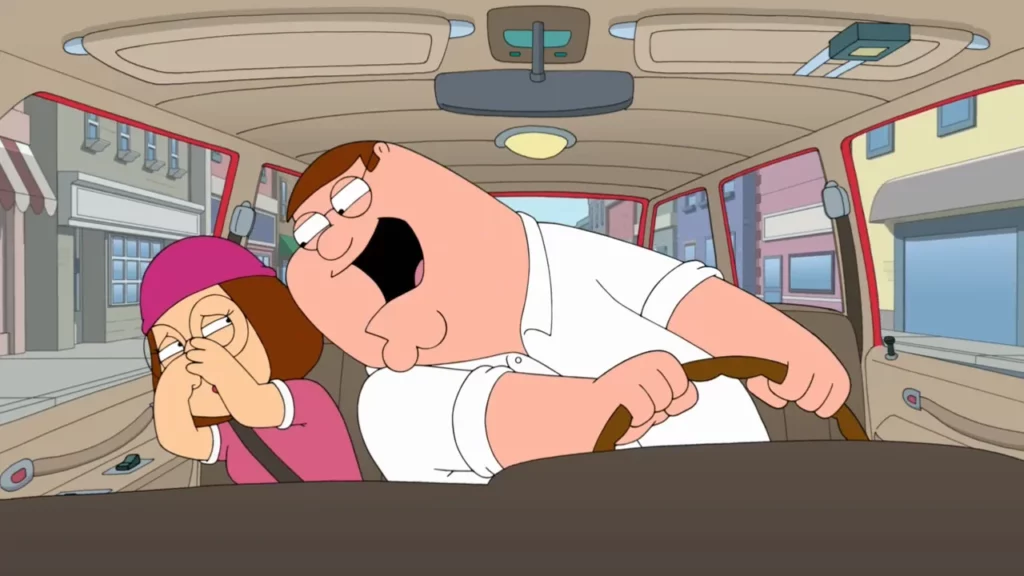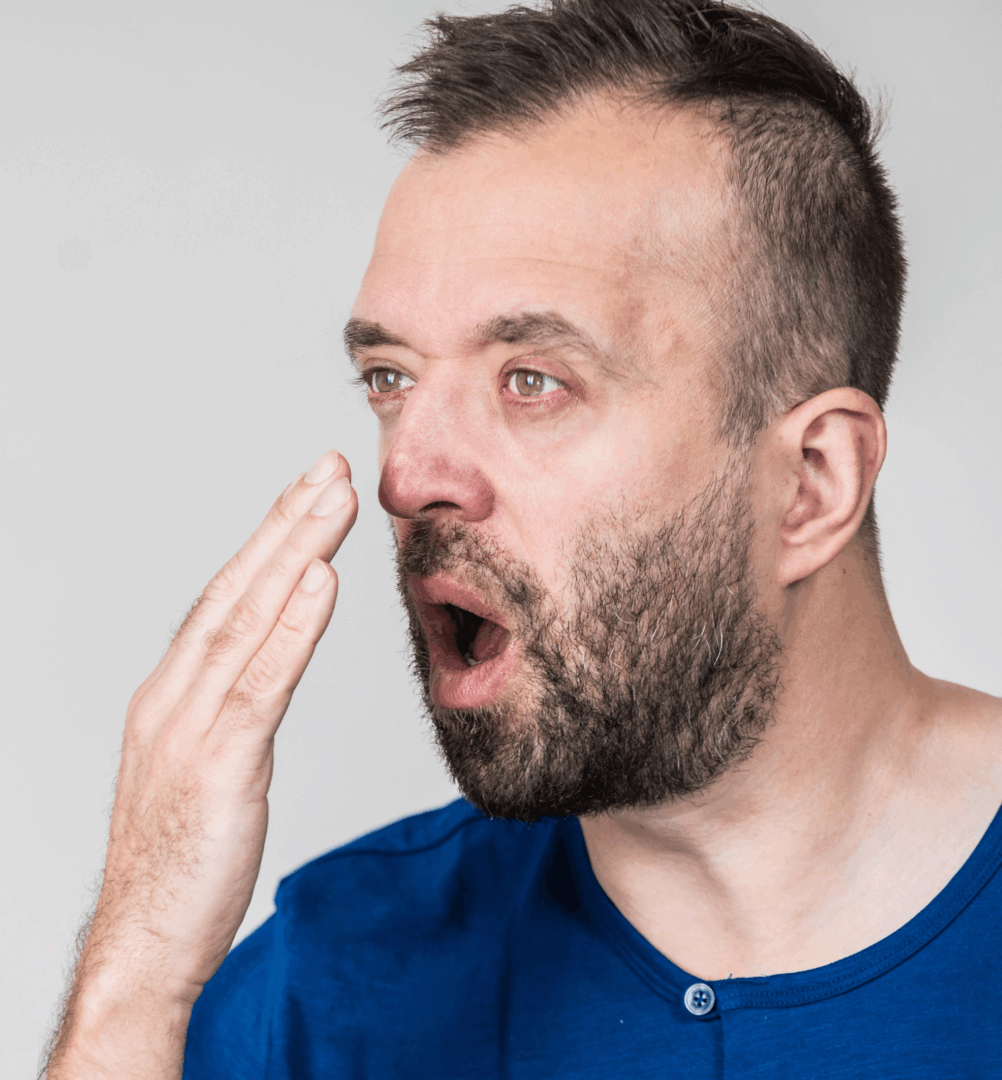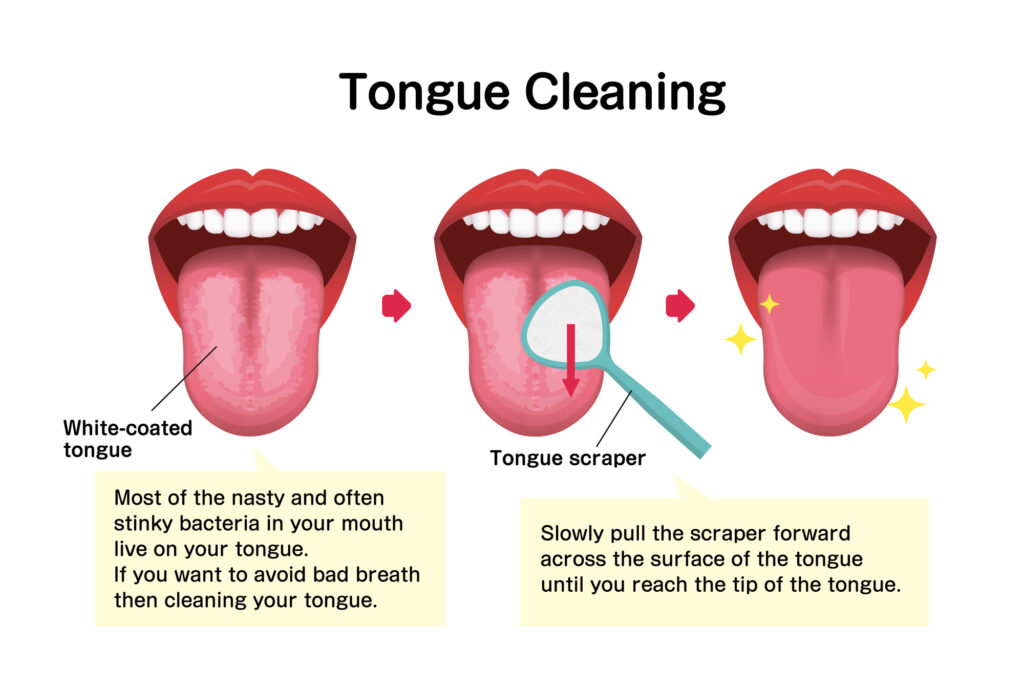
Why is my breath so bad, and what can I do?
Bad breath is a killer. In your social life, in your working life and certainly in your dating life.
A UK-based Oral Health Foundation survey found 80% of respondents would never go on a second date with someone who had stinky breath.
Here’s the thing, until recently no one’s been entirely sure what causes it.
This has led to treatments designed to mask rather than cure the problem like breath mints which are similar to an air freshener, or the burn-and-clear technique of a medicated mouthwash that wipes out 99% of all bacteria, including the good.
The latter may have negative health consequences since good bacteria are necessary for creating a beneficial oral environment.
Science comes through
Now scientists at Osaka University have caught the culprits.
Interactions between two tiny bacteria lurking in your mouth that require an electron microscope to glimpse are responsible for creating the noxious gas known as methyl mercaptan, CH3SH (the foulest of all gasses), resulting in your dragon breath.
The culprits are F. nucleatum and S. gordonii. So don’t curse every bacteria hiding out in your teeth and gums, eating and pooping through the night as the cause of your malodorous breath upon waking.
The reason these two bacteria (and others) overgrow is typically due to the lack of good oral hygiene habits or gum disease.

A recent study compared the ability of different oral hygiene methods to reduce bad breath. A group of volunteers was randomly assigned and alternated using either a tongue scraper, two mouth rinses (0.05% cetylpyridinium chloride and 0.12% chlorhexidine digluconate), or brushing three times a day with a soft-bristled toothbrush and fluoride toothpaste.
Tongue scraping involves running a tool across the surface of your tongue from front to back to remove bacteria, food particles, and other debris from the surface. It’s been used for centuries and was practiced by the Romans and Victorians.
The study revealed that the tongue scraper significantly reduced bad breath immediately after use, and the effect lasted up to two hours. Both mouthwashes reduced bad breath, but it took two hours for the effect to kick in. However, the improvement lasted longer, up to three hours. Tooth brushing had the same effect as the mouthwashes: delayed onset of benefit but longer lasting.

So scrape your tongue if you’re about to pick up your date or speak in a conference room and are worried about odorous breath. If you’re trying to avoid morning breath, mouthwash and tooth brushing before bed might work better.
And don’t hold back on the brushing, take a toothbrush to work. Watching your diet helps, avoid cabbage, onions, broccoli and garlic which, while delicious, are very high in sulphur compounds, the base of bad breath. And finally, hydrate! Saliva is nature’s way of rinsing bacteria and don’t forget a dry mouth is a stinky mouth.


